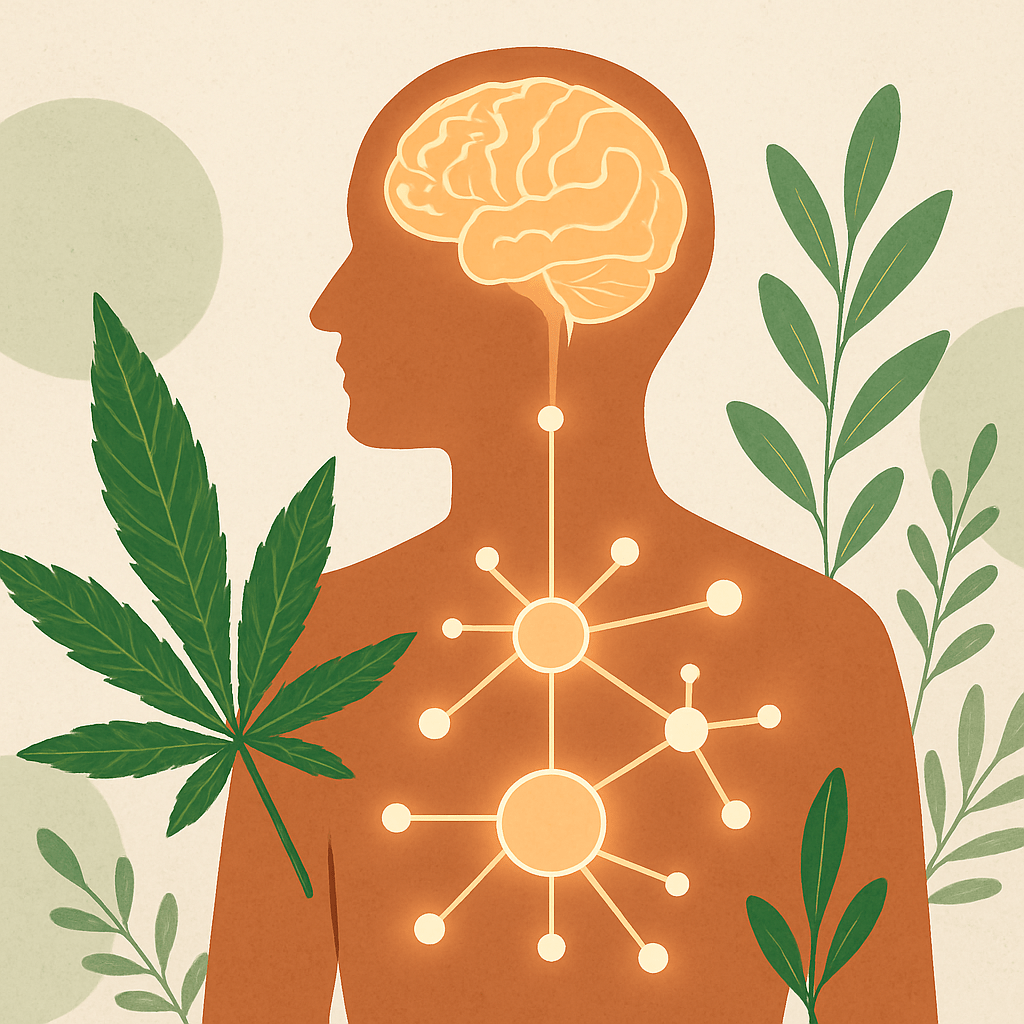The Endocannabinoid System and Stress
The endocannabinoid system, a complex network of receptors and neurotransmitters, is one of the primary regulators of the stress response. Like this system’s “normal volume,” a basal endocannabinoid tone inhibits stress response. Adjusting this “volume” can either increase or decrease the stress response, and chronic deficiency in the endocannabinoid tone is associated with the pathological complications of chronic stress.
Cannabidiol, a compound found in cannabis, is a safe exogenous cannabinoid enhancer of the endocannabinoid system that could be a valuable treatment for stress. Our extensive research and clinical trials, which have shown that CBD effectively reduces stress response and is non-inferior to pharmaceutical comparators when included, should instill confidence in the effectiveness of our products.

Regarding Stress
The endocannabinoid system (embedded in our bodies and within many species of animals and fish) is one of the primary regulators of the stress response. A basal endocannabinoid tone inhibits the stress response, modulation of this tone permits or curtails an active stress response, and chronic deficiency in the endocannabinoid tone is associated with the pathological complications of chronic stress.
Cannabidiol (released from CBD plants) is a safe exogenous cannabinoid enhancer of the endocannabinoid system that could be a valuable treatment for stress. There have been seven double-masked placebo-controlled clinical trials of CBD for stress on a combined total of 232 participants, and one partially controlled study on 120 participants. All showed that CBD effectively reduced the stress response and was non-inferior to pharmaceutical comparators when included.
The clinical trial supports established mechanisms of action of CBD (including increased N-arachidonylethanolamine levels) and extensive real-world and preclinical evidence of the effectiveness of CBD for treating stress.
Source: The National Library of Medicine and the National Center for Biotechnology Information (Click here to view more).

